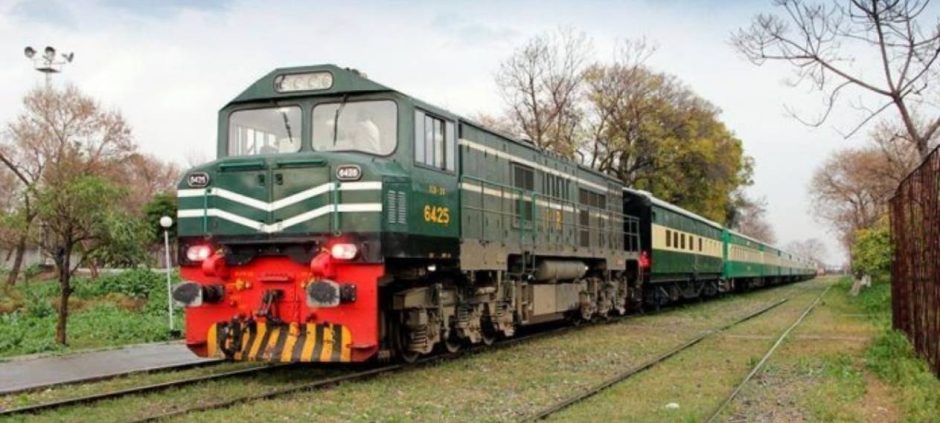Pakistan Railways has announced a massive rehabilitation project worth Rs100 billion to modernize 19 branch lines across the country. The plan aims to ensure safer and more reliable train journeys while boosting inter-provincial connectivity and urban rail transport.
According to official documents, Pakistan Railways will spend Rs98.58 billion to upgrade 2,479 kilometers of railway tracks in Punjab, Sindh, Khyber Pakhtunkhwa (KP), and Balochistan. The initiative is one of the largest infrastructure projects in recent years for the department.
Punjab will receive Rs44.41 billion for the rehabilitation of eight branch lines, including Shahdara–Narowal, Narowal–Sialkot, Raiwind–Kasur–Pakpattan, and Qila Sheikhupura–Jaranwala–Shorkot. Other routes include Shorkot–Jhang–Sargodha, Sargodha–Malikwal–Lalamusa, Chak Jhumra–Shahinabad, and Kashmore–Dera Ghazi Khan–Kot Addu.
Sindh has been allocated Rs35.96 billion to restore six lines. These include Kotri–Dadu, Dadu–Habib Kot, Hyderabad–Mirpur Khas–Marvi, Rohri–Jacobabad, Jacobabad–Kashmore, and Hyderabad–Badin.
In Khyber Pakhtunkhwa, four routes will be rehabilitated at a cost of Rs17.22 billion. The selected lines are Jahangira Road–Peshawar, Nowshera–Dargai, Mardan–Charsadda, and Peshawar–Jamrud. In Balochistan, a 33-kilometer section will be upgraded with an investment of Rs1 billion.
A senior official said the plan reflects a major effort to modernize Pakistan Railways after years of neglect. He explained that the project will include track improvements, advanced signal systems, and new passenger coaches with enhanced safety features.
The plan also includes digital ticketing and real-time tracking to improve transparency and passenger convenience. The upgraded network is expected to lower logistics costs, support trade, and reduce the load on national highways.
In other related news also read Pakistan Railways Reports Profit After Prolonged Losses
By focusing on modernization and safety, Pakistan Railways aims to regain public trust and make train travel the preferred mode of transport. The initiative is also expected to strengthen regional connectivity and contribute to Pakistan’s long-term economic growth.











